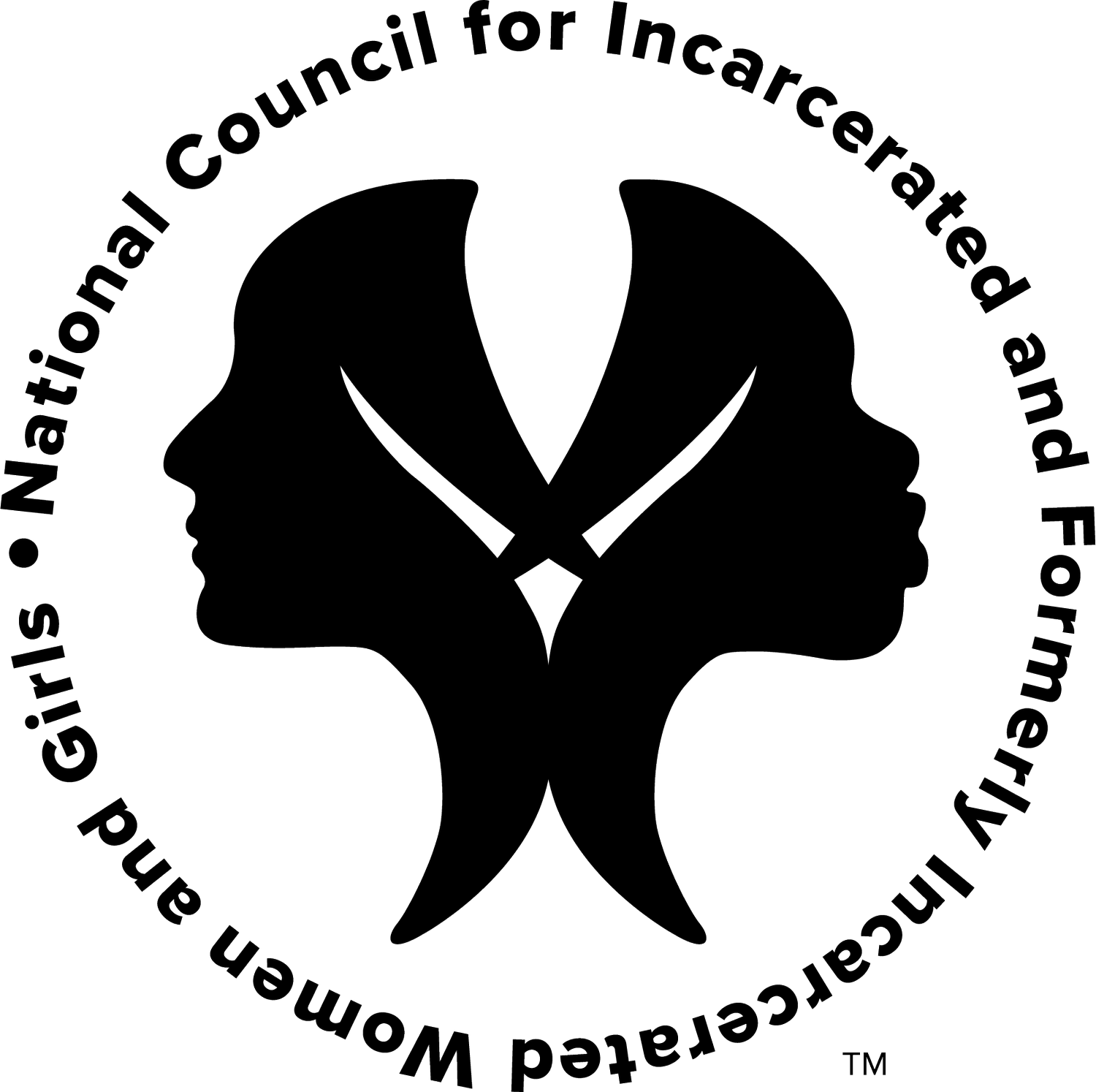The National Council for Incarcerated and Formerly Incarcerated Women and Girls is a 501(c)(3) nonprofit founded in 2010 by a group of incarcerated mothers at the federal prison in Danbury, Connecticut. What began inside prison walls has grown into a national movement led by directly impacted women determined to end the incarceration of women and girls—once and for all.
We’ve Lived It
We know the harm caused by a system built to punish instead of heal. We know what it means to be separated from our children and communities. That’s why we’re building something different—systems rooted in care, opportunity, and dignity.
True Justice Means Community
True justice isn’t about prisons. It’s about people.
It’s about investing in housing, healthcare, education, and community support—the things that keep families together and help everyone thrive.
Building the Infrastructure for Change
Our work goes beyond advocacy. We’re creating the infrastructure for real, lasting change—pushing for policy reform, building community alternatives, and organizing across the country and around the world through our International Network, which challenges the systems that target women and girls.
A Movement Powered by Love and Courage
This movement is powered by love, courage, and community.
Change is possible—but it takes all of us.
Together, We’re FreeHer
We’re dismantling the structures of mass incarceration and replacing them with systems that uplift, heal, and empower.
Language Matters:
At The National Council, we prioritize using terms that reflect our commitment to justice and equity. When addressing incarceration, we use “incarcerated people” instead of “inmates” to emphasize the humanity of those impacted. While we focus on ending the incarceration of women and girls, we recognize that systems of imprisonment harm people across gender identities. Therefore, our language reflects an understanding of these broader dynamics while acknowledging the specific ways that sexism and patriarchy contribute to the incarceration of women and girls.
Additionally, we avoid referring to prisons as “institutions,” as this term can obscure the harm, violence, and systemic oppression that prisons inflict on individuals and communities. Instead, we use terms that directly name their role in perpetuating injustice. Our language seeks to center humanity, foster inclusivity, and challenge the systems and narratives that uphold mass incarceration.
Join us in building a future rooted in freedom, justice, and care.

